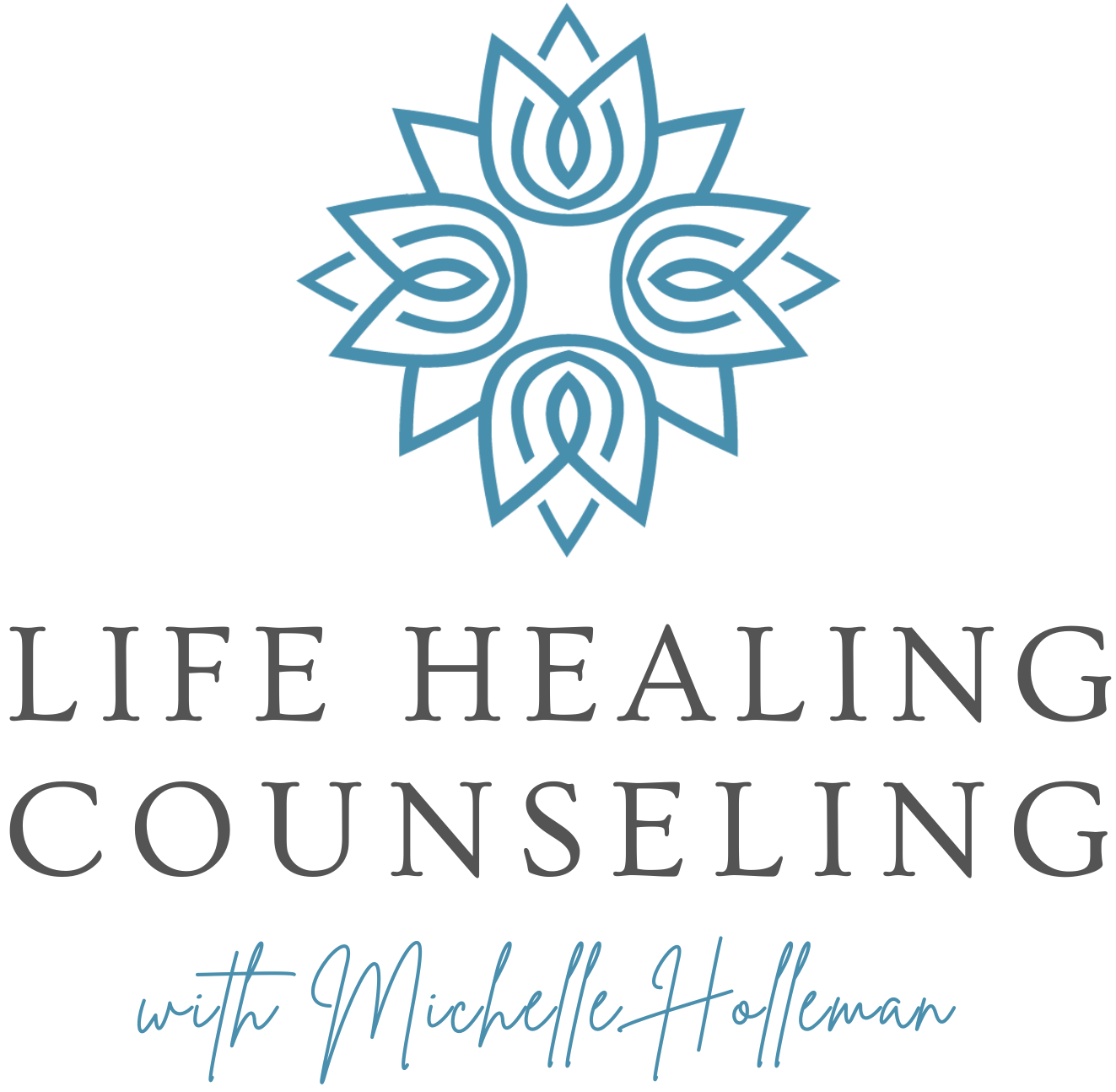Love Addiction
“Love and relationship addiction is grounded in fear; fear of rejection, fear of pain, fear of losing control, fear of loss of self, or loss of life.”
People who are addicted to love and relationships often enjoy the chaotic experience of falling in love more than the intimacy of a healthy relationship. They may often be hunting for “The One” and jump from partner to partner often.
Craving the rush, intensity, exhilaration, and emotional “high,” of a new romance is a healthy indicator of the initial bonding experience and catalyst for a relationship.
However, individuals with love addiction end up feeling restless, discontent, unworthy, desperate, depressed or irritable when actually engaged in a relationship, until they are able to experience the initial high once again – often by changing partners.
Other signs:
- Mistaking intense sexual experiences and new romantic excitement for love
- Consistently craving or searching for a romantic relationship
- Being desperate to please and fearful of the other’s unhappiness when in a relationship
- When not in a relationship, feeling desperate and alone
- Inability to maintain an intimate relationship once the newness and excitement have worn off
- Finding it emotionally difficult to be alone
- Compulsively using sex and fantasy to fill feelings of loneliness when not in a relationship
- Choosing partners who are emotionally unavailable or verbally, sexually, psychologically, or physically abusive
- Choosing partners who demand a great deal of attention and caretaking but who do not meet, or even try to meet, your emotional or physical needs
- Participating in activities that don’t interest you or go against your personal values in order to keep or please a partner
- Giving up important interests, beliefs, or friendships to maximize time in the relationship or to please a romantic partner
- Using sex, seduction, and manipulation to hook or hold on to a partner
- Using sex or romantic intensity to tolerate difficult experiences or emotions
- Missing out on important family, career, or social experiences to search for a romantic or sexual relationship
- Avoiding the need for a relationship by using anonymous sex, porn, or compulsive masturbation
- Finding it difficult or impossible to leave unhealthy, painful, or abusive relationships or returning to these relationships despite repeated promises not to
Most romantic relationships display these signs occasionally. Only when they become a pattern could it become a problem. Reach out to us for help.

